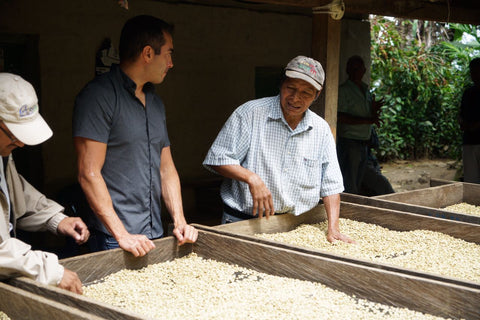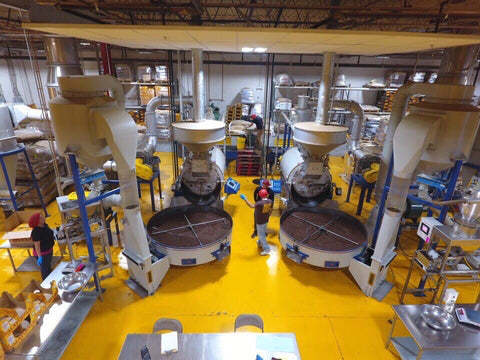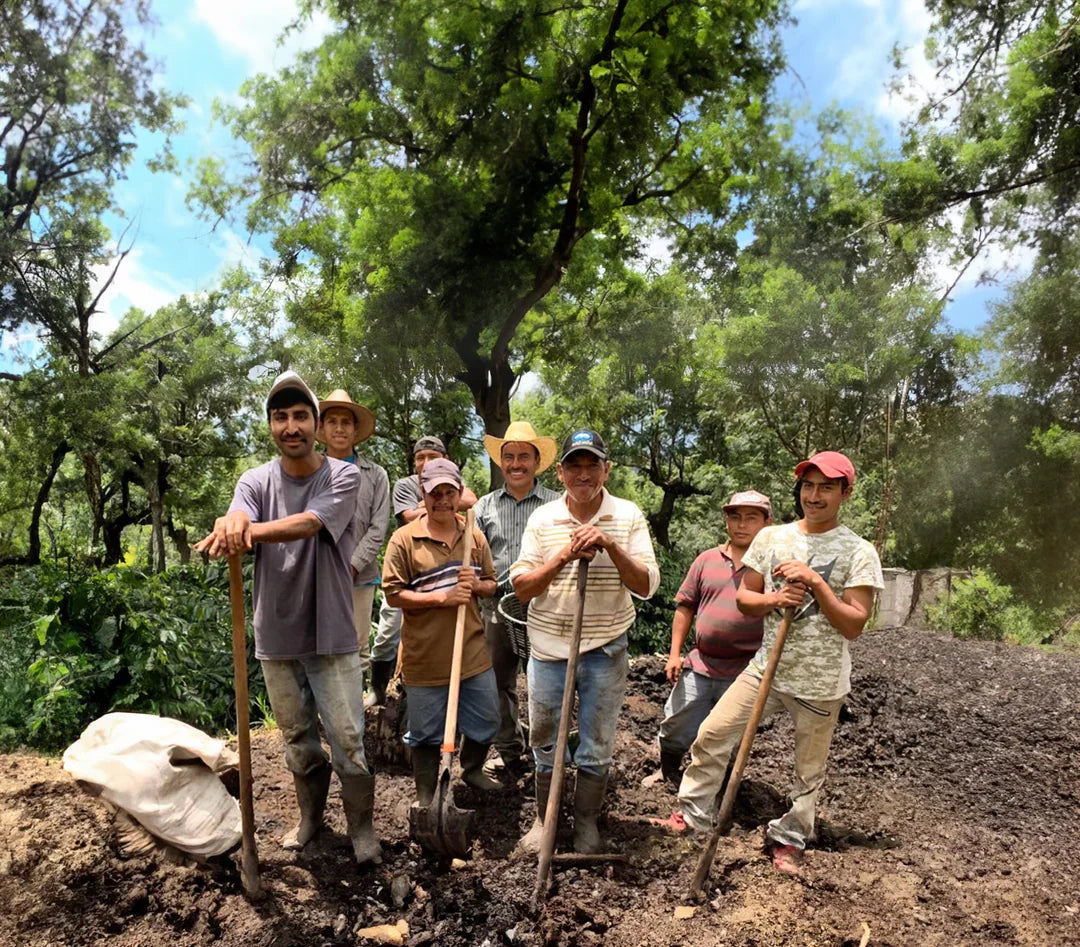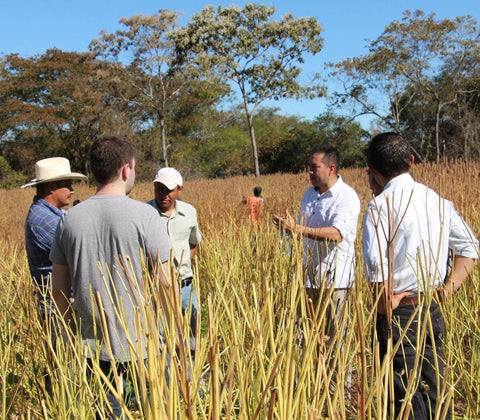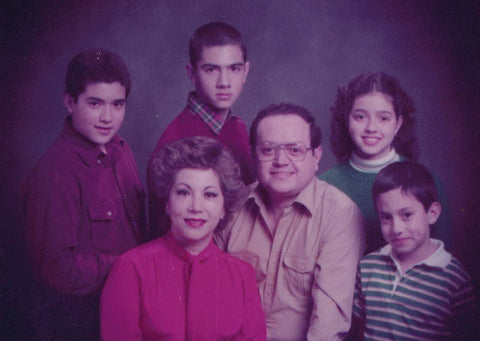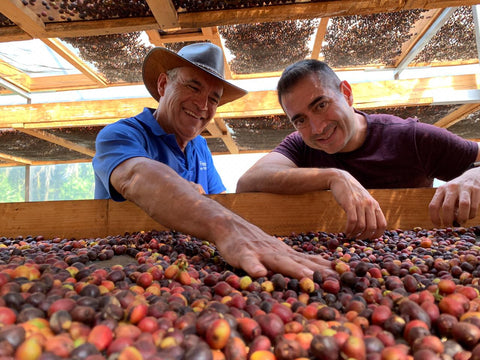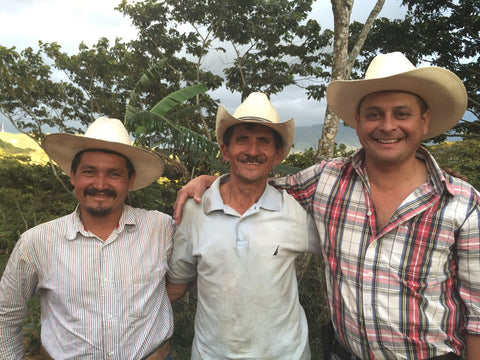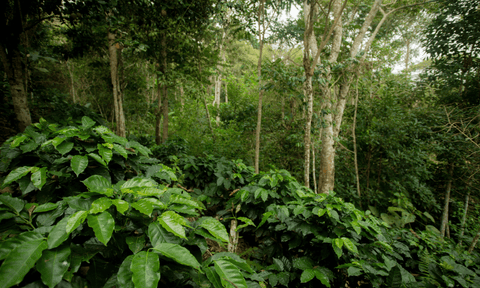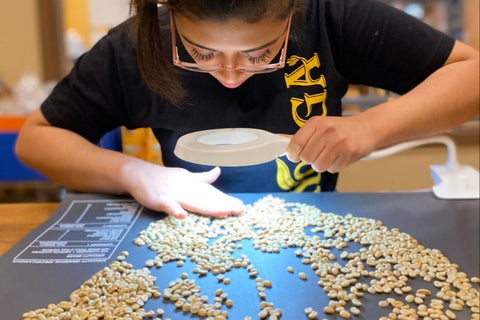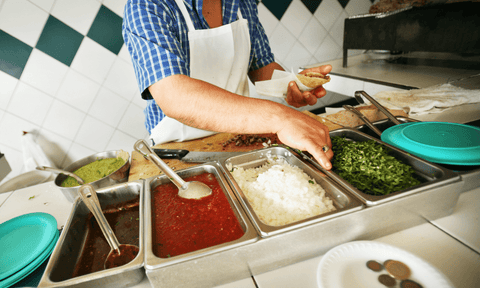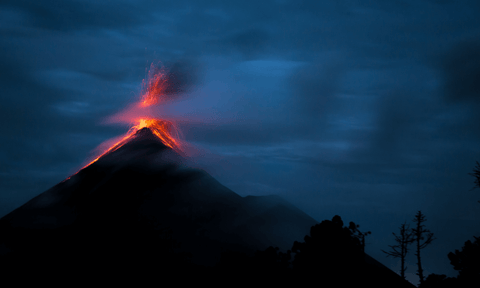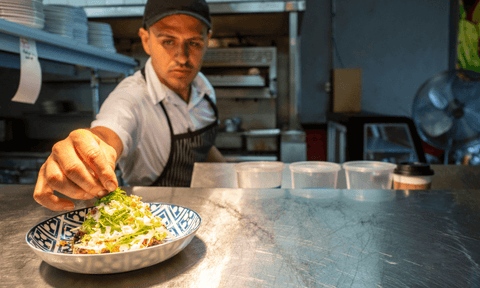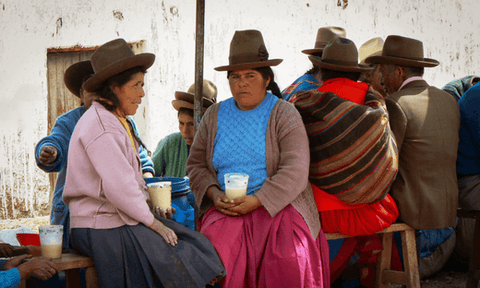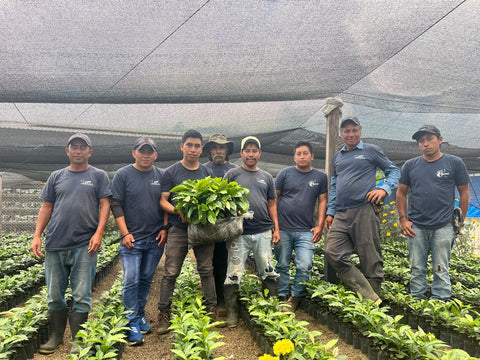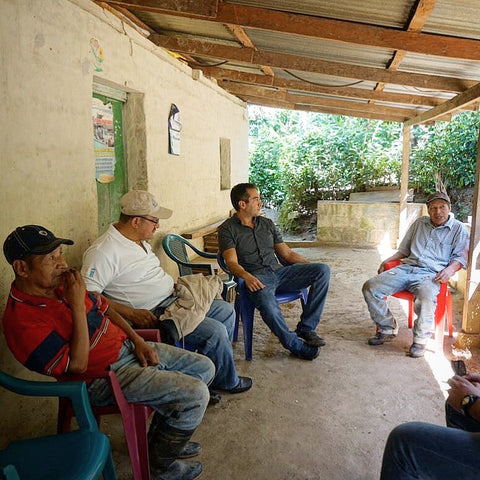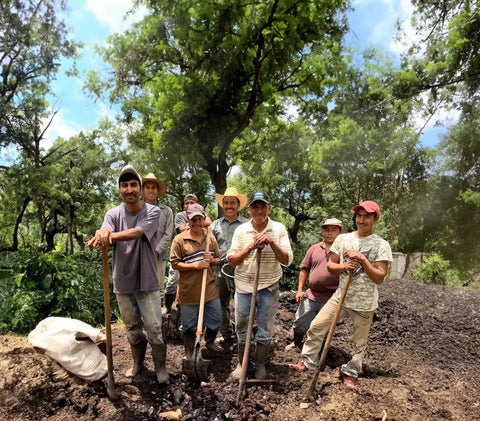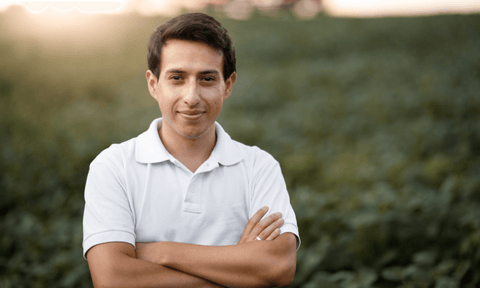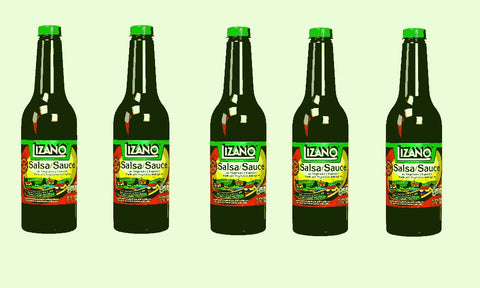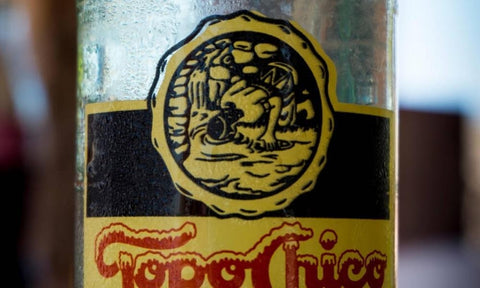Celebrating Latin American people, Cultures & Communities
Recent stories
Mayorga Picks
The Influence of Indigenous Farming Practices on Modern Coffee Production
While we at Mayorga Coffee don’t doubt your appreciation for an excellent cup of coffee, ha...
Does Coffee Contain Toxins?
A food safety expert discusses the relationship between mold, mycotoxins, and the coffee in your ...
Food & Travel
More food & travel storiesThe Influence of Indigenous Cultures on Latin American Cuisine
In fact, it’s known that over 80% of Latin American recipes incorporate indigenous ingredients or...
Unearthing Central America’s Fiery Treasure: The Region’s Volcanoes
Stretching along the Pacific Ring of Fire, Central America sits on top of the meeting point of several tectonic plates. We take a closer look...
Mexican Food Is Here to Stay: And We Couldn't Be Happier
Ask anyone north of the border and they'll tell you: it’s tough to remember a time before Taco Tuesdays and Tequila Fridays.
What is Chicha? The Legend and Legacy of a Latin American Beverage
Chicha is a corn-based beverage commonly found in countries throughout Latin America. But did you know that there’s...
Coffee
More coffee storiesEntrepreneurship
More entrepreneurship storiesThe Crucial Role of Latin American Businesses and Entrepreneurship in the US Economy
Latin American businesses and entrepreneurship have emerged as powerful drivers of the US economy, fueling innovation, creating jobs, and sha...
The History of Lizano Sauce: A Century of Tradition in Costa Rican Kitchens
Lizano sauce has been an essential ingredient in Costa Rican kitchens for nearly a century. But where did it come from? I recently had the opportun...
Topo Chico: Not Your Average Fizzy Soda
From family gatherings to the mornings after parties, Topo Chico sparkling water is an ever-present Mexican icon with a f...

